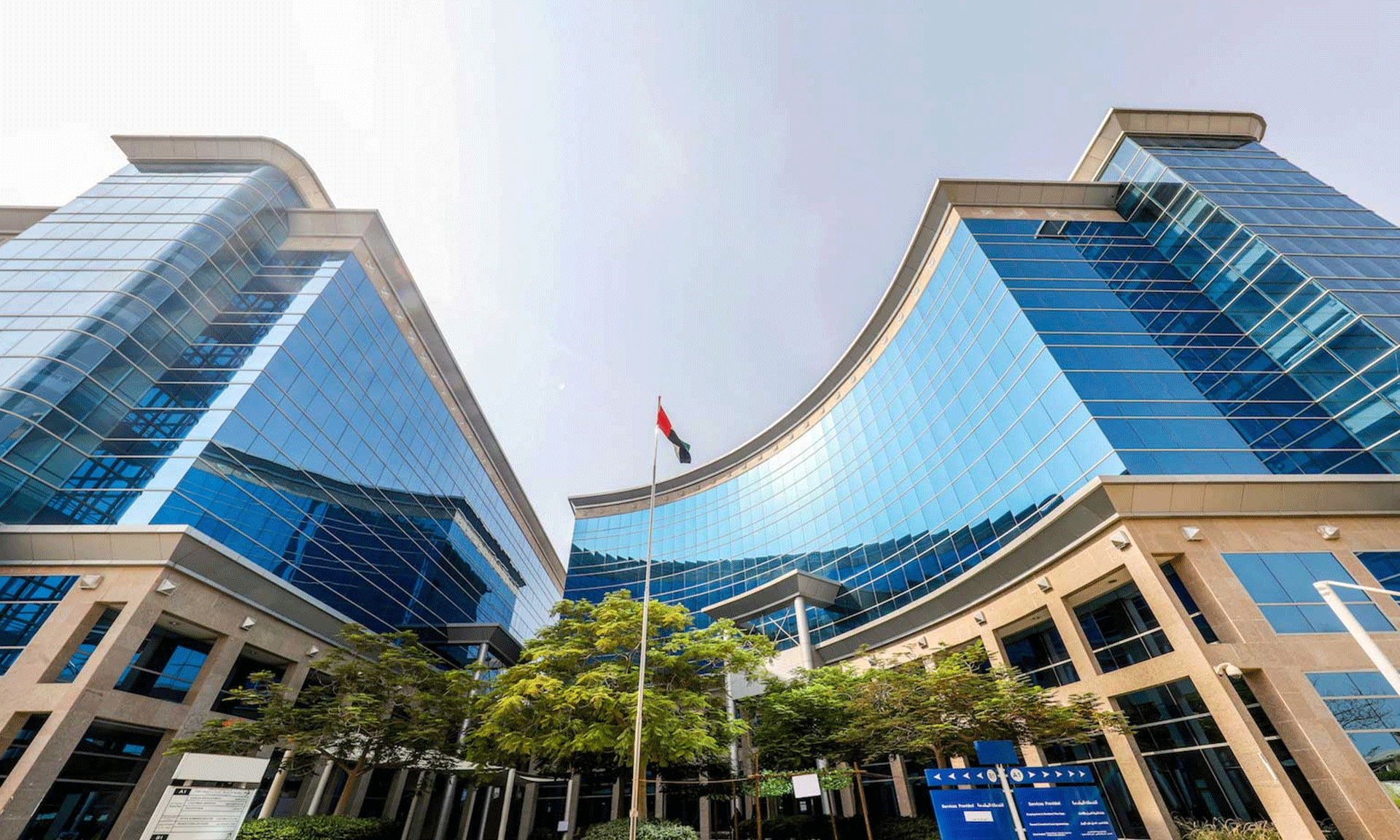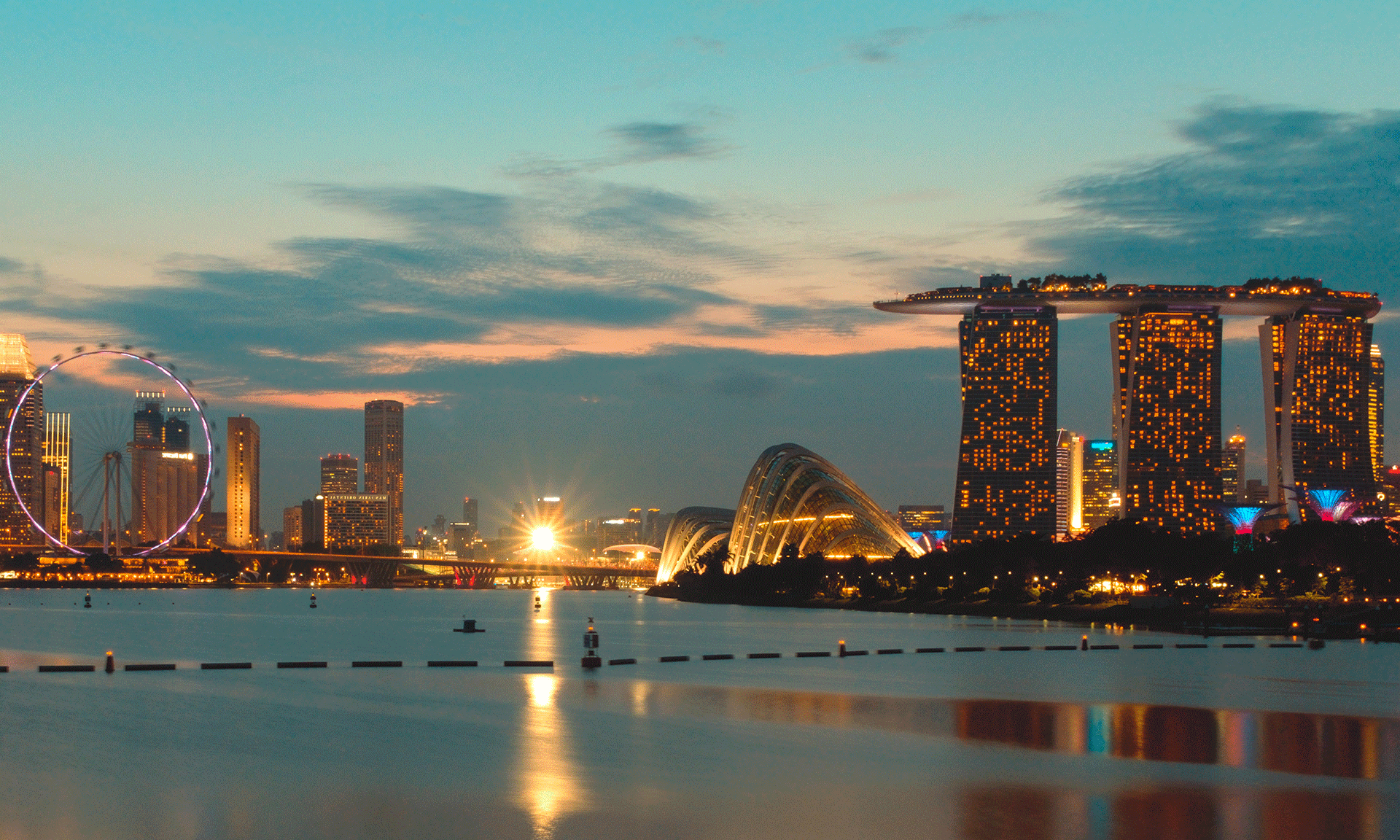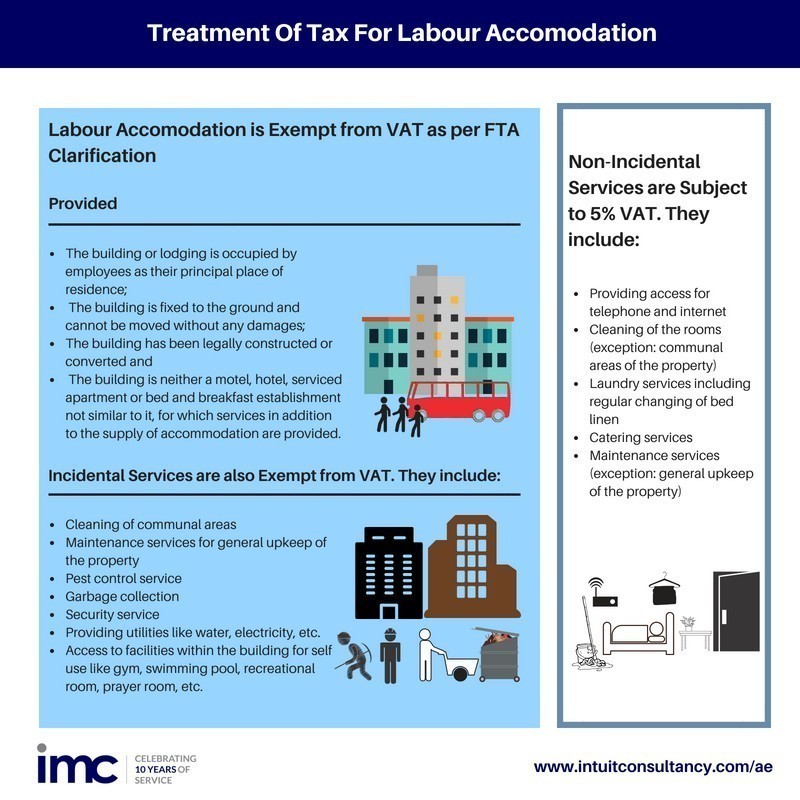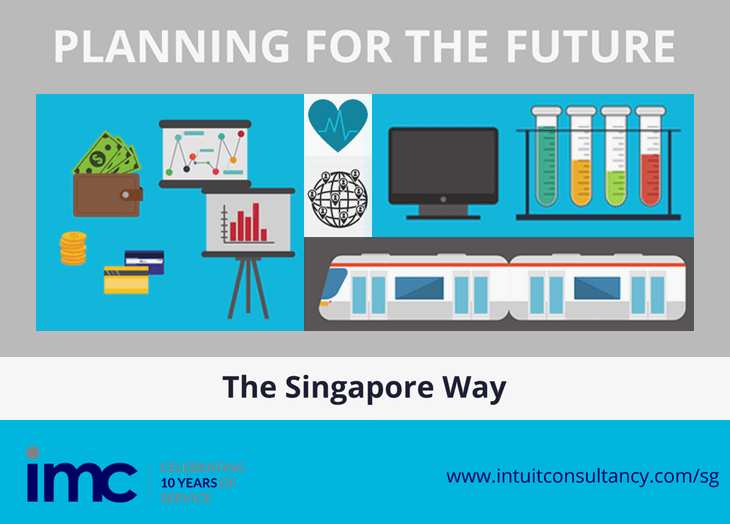Have you heard that Ajman Media City Free Zone is the newly-made free zone in the UAE? Ajman Media City Free Zone has its headquarters in the Emirate of Ajman and is established with the goal of taking care of the dreams of new entrepreneurs and enterprises from across the globe.
Ajman Media City Free Zone is committed to start a new archetype in the media free zone space of the UAE and thus catalyze the demand of Ajman to grow as the new investment destination.
The AMCFZ is developed as a user-friendly zone, which will make the emirate of Ajman as one of the top international economic destinations for all the investors and enterprises, which is also the vision of Ajman 2021.
The go-ahead on no-deposit regulation offers motivation to new entrepreneurs:
This path-breaking decision eliminated all the security deposits, which were earlier taken to pursue visa process for new enterprises and companies who decide to base themselves in Ajman Media City Free Zone. The aim is that new entrepreneurs can get considerable benefits commercially and also don’t face any hassles in setting up a new company in UAE.
There are many challenges that any new investor faces while establishing a new venture like the expenses of setting up, the guidelines and regulatory necessities, and accessibility of a sustainable framework, which helps in setting up and function effortlessly.
Strategic Collaborations in Major Global Markets
While talking about latest developments in the global markets, the Executive Director of the AMCFZ, Mahmoud Khalil Al Hashemi said, “In India, we have successfully created long-term alliances with two of the largest media conglomerates, The Times of India and Hindustan Times. A MoU has been signed with The Hindustan Times already and the second MoU with the Times of India Group will be finalised soon. As part of the collaboration, the AMCFZ will identify value propositions, projects and events that can be localised for the UAE market and be brought to Ajman.”
Likewise, Egypt is another major market for the Ajman Media City, AMC. Over the coming months, the AMC is going to connect with some other major markets globally and conduct some road shows, presentations and also business visits with an aim to reinforce the relationship with various regional nations. The free zone is also getting a positive feedback globally and the exclusive services that AMC is offering will also propel the growth of Ajman, while enabling the emirates to enhance its role to bring a huge boost economically in the UAE.
Features of Ajman Media City Free Zone:
- The presence of clients is not needed
- The entrepreneurs can own their business completely or 100%
- 100% repatriation of the investment and profits
- No levying of corporate or personal income tax
- Multiple business activities can be done under a single license
- The license is issued within one day
- Easy registration process
- Permission to set up the business without issuing a visa
Types of enterprises in Ajman Media City Free Zone:
- Free Zone Establishment (FZE)
- Free Zone Company (FZC)
- Branch of a Local Company
- Branch of a Foreign Company (BFC)
How can you set up a company in Ajman Media City Free Zone?
IMC is one of the few leading business consultancies in the UAE, which is known for offering you hassle-free, trustworthy corporate services. Our professionals can assist you in establishing a Freezone company in Ajman Media City or business set up in Dubai free zone.
Our professional consultants have the required know-how to set up and manage the functioning businesses in the free zone and help you with company formation in Dubai. Our experts will help you at each step and guide you in the end-to-end process of establishing a Freezone entity without any glitches.
























